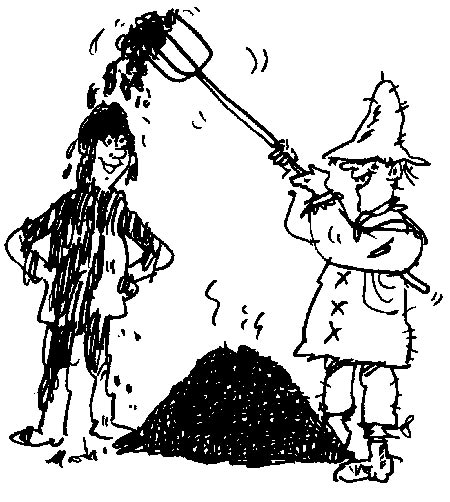|
|
Dirt may ease depression |
A study carried out at Bristol University and University College London has found that a common, friendly soil bacterium can produce the same uplifting effects as anti-depressant drugs.
Click here for more research reports First Published in July 2007 |













